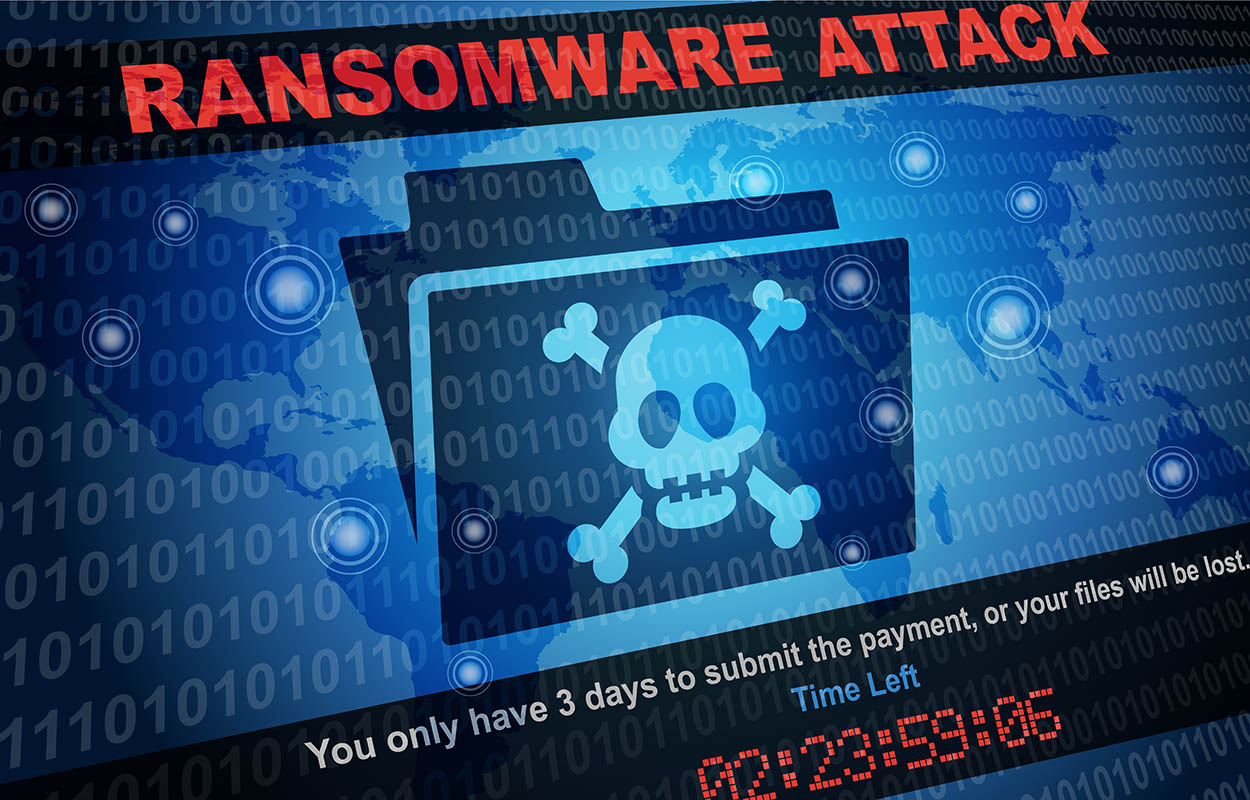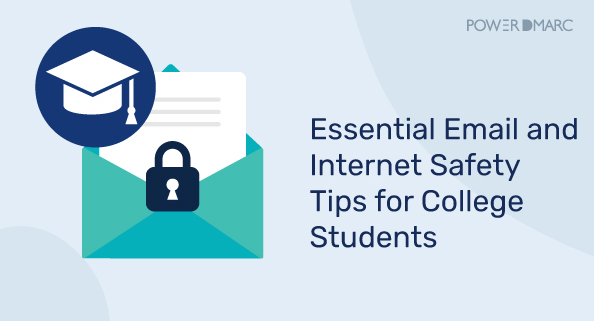Separate ransomware attacks reported by Illinois county, college
Illinois’ Henry County and Monmouth College have confirmed being impacted by separate ransomware attacks during the past week, according to The Record, a news site by cybersecurity firm Recorded Future.
Several of Henry County’s systems were taken down following the discovery of a wide-reaching intrusion on March 18, which has prompted county officials to seek assistance from law enforcement and government cybersecurity agencies in investigating the incident amid ongoing efforts to restore affected systems.
Such an incident has already been claimed by the Medusa ransomware operation, which sought a $500,000 ransom that should be paid by Friday. Toyota Financial Services, Moneris, and Water For People were some of the ransomware gang’s most recent targets.
Meanwhile, Monmouth College disclosed in filings with the Maine and California Offices of the Attorneys General that its systems had been infiltrated in a December ransomware attack, which resulted in the compromise of data belonging to 44,737 individuals, including their ID cards and driver’s licenses.



